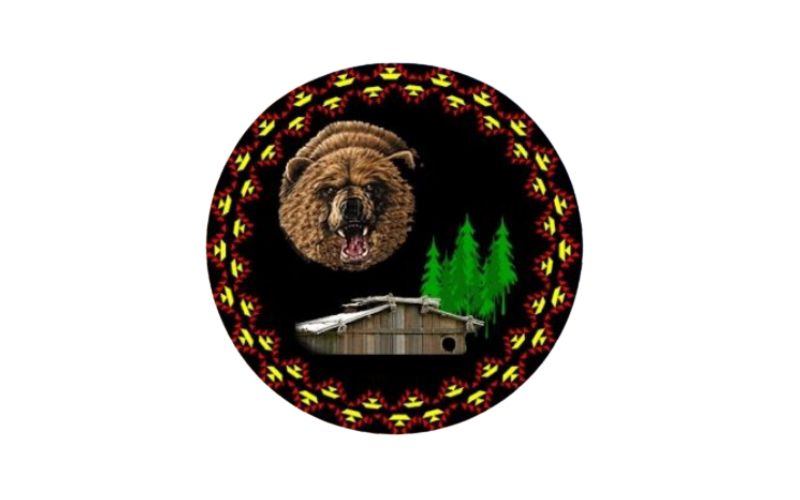
- Details
- By Elyse Wild
On May 8, Tribal citizens voted to amend the Tribe’s Constitution and change their name to Pulikla Tribe of Yurok People.
The name change has been in the works since 2019.
Pulikla translates to “downriver people,” which is the traditional name of people that reside or descend from the villages along the lower Klamath River.
The Tribe is governed by a Tribal Council made up of five elected Tribal Citizens. The Tribe’s reservation is located just upstream from the mouth of the Klamath River, and its ancestral area extends along the Pacific Ocean coastline from the northern boundary of Damnation Creek, south to Little River, from the mouth of the Klamath River, upstream to Slate Creek; and extends west to include the Pacific Ocean.
This official name change change occurred through a Secretarial Election conducted by the Bureau of Indian Affairs in collaboration with the Tribe.
Tribal Chairperson Fawn C. Murphy said in a press release that the tribe’s government-given name, “Resighini,” did not reflect their culture or values.
“A name has a spiritual connotation to it. That’s why it’s important that we pick our own name,” Murphy said. “Our new name reflects a generational change and a reclamation of who we are as Yurok people... We picked a name that has meaning to us, connection to culture, and connection to place. It is a beautiful thing, and it makes me happy to hear people say our new name. We are, and always have been, Yurok people. Now our name reflects that.”
The Pulikla entered into an unratified Treaty in 1851 with the federal government and are part of the original Klamath River Reservation of 1855. In 1938, land was purchased on the lower Klamath River by the federal government from Augustus Ressighini. The intent of the land purchase was to provide a place for Tribal people residing along the Klamath River and on the coast in Del Norte and Humboldt Counties. Several Yurok families moved to this land to take up residence, and in 1939, the Resighini Rancheria was formally proclaimed an Indian Reservation. Tribal Citizens of the Pulikla Tribe of Yurok People have been living on the land ever since.
Council Member Spa-ghe Dowd said in a statement that with the name change, others will no longer see the Tribe as people who arrived to the area, but rather people who have been there since time immemorial.
“Pulikla is a traditional name of where our people come from,” Dowd said. “We are from the Klamath River and have always been on the Klamath River.”
The official name change will be published in the Federal Register in January of 2025. In the meantime, the Tribe will work internally to make necessary adjustments, and with Local, State and Federal agencies and other partners.
According to the Federal Register, only a handful of 574 Tribes have changed their names since receiving Federal recognition, including The Pechenga Band; Cabazon Band of Cahuilla Indians; Kletsel Dehe Wintun Nation of the Cortina Rancheria; and Mi'kmaq Nation.
More Stories Like This
Navajo Resources and Development Committee Issues Notice on Livestock Inspection RequirementsAmerican Prairie, Tribal Coalition Files Protest Over Rescinded Grazing Rights
Northern Cheyenne Push Back Against Trump Administration’s Effort to Alter Little Bighorn History
Florida Man Sentenced for Falsely Selling Imported Jewelry as Pueblo Indian–Made
Navajo Nation Declares State Of Emergency As Winter Storm Threatens Region
Help us defend tribal sovereignty.
At Native News Online, our mission is rooted in telling the stories that strengthen sovereignty and uplift Indigenous voices — not just at year’s end, but every single day.
Because of your generosity last year, we were able to keep our reporters on the ground in tribal communities, at national gatherings and in the halls of Congress — covering the issues that matter most to Indian Country: sovereignty, culture, education, health and economic opportunity.
That support sustained us through a tough year in 2025. Now, as we look to the year ahead, we need your help right now to ensure warrior journalism remains strong — reporting that defends tribal sovereignty, amplifies Native truth, and holds power accountable.
 The stakes couldn't be higher. Your support keeps Native voices heard, Native stories told and Native sovereignty defended.
The stakes couldn't be higher. Your support keeps Native voices heard, Native stories told and Native sovereignty defended.
Stand with Warrior Journalism today.
Levi Rickert (Potawatomi), Editor & Publisher


